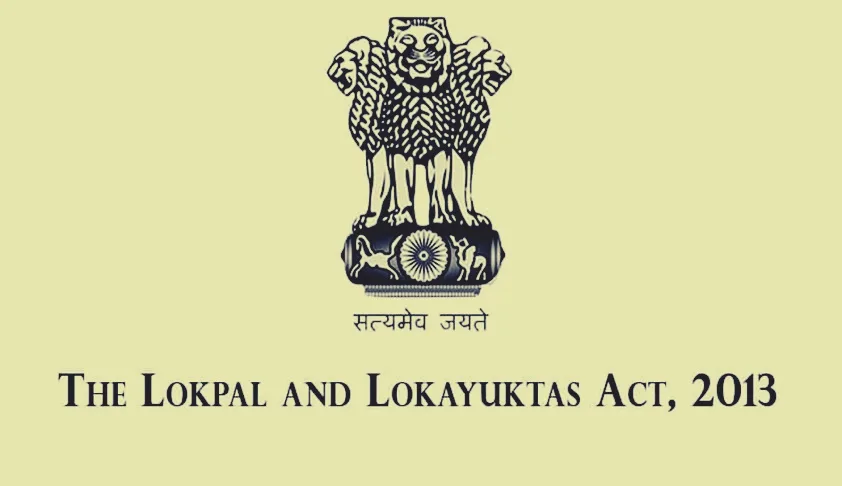Corruption has been a longstanding issue in India, impacting various aspects of society, from governance to public services. To address this pervasive problem, the Indian government established the institutions of Lokpal and Lokayuktas. These entities play a crucial role in investigating allegations of corruption and ensuring public accountability. In this article, we will explore the meaning, origin, powers, and significance of Lokpal and Lokayuktas in India.
Meaning and Origin
Lokpal: The term “Lokpal” is derived from the Hindi words “Lok” meaning people and “pal” meaning caretaker. Thus, a Lokpal is a guardian or caretaker of the people. Lokpal acts as an ombudsman at the national level, overseeing the actions of government officials and public servants to prevent corruption and misconduct.
Lokayukta: At the state level, the equivalent of Lokpal is referred to as “Lokayukta.” The term “Lokayukta” is also of Indian origin, where “Loka” signifies the people and “ayukta” means appointed. Lokayukta is responsible for addressing corruption complaints against state-level public functionaries.
Formal Recognition
The Lokpal and Lokayuktas Act, 2013, marked a significant milestone in the fight against corruption in India. This legislation gave formal recognition to the institutions of Lokpal and Lokayuktas, outlining their roles, powers, and responsibilities.
This Act’s primary objective is to combat bribery and corruption by public servants. The Act takes a broad approach to defining public servants, encompassing both those serving within India and outside the country.
It’s worth noting that the Act includes even the current and former Prime Ministers of India in its purview. However, there are exceptions in matters related to international relations, external and internal security, public order, atomic energy, and space. To initiate an inquiry into such cases, at least two-thirds of Lokpal members must approve.
Moreover, the Act emphasizes confidentiality. If Lokpal concludes that a complaint is baseless, the records of the inquiry remain undisclosed to the public or any party involved.
Scope of the Act
The Lokpal and Lokayuktas Act, 2013, has a broad scope regarding the individuals it covers. It extends to Union Ministers, Members of Parliament, and various categories of public servants, including those in Group ‘A,’ ‘B,’ ‘C,’ or ‘D’ positions as defined in the Prevention of Corruption Act, 1988.
One significant aspect of the Act is the requirement for public servants to declare their assets in a specified manner. This transparency measure aims to deter corruption and promote accountability.

Composition of Lokpal
The Lokpal is composed of several members, including a Chairperson and Judicial Members. The Chairperson is typically a retired Chief Justice of India or a retired Judge of the Supreme Court with impeccable integrity and expertise in anti-corruption policy, public administration, vigilance, or finance. Their experience should span at least 25 years in these areas.
It is essential to note that at least 50% of the members of Lokpal are Judicial Members, ensuring a balanced and impartial approach in addressing corruption allegations.
Powers of Lokpal
The Lokpal is vested with extensive powers to address corruption and ensure accountability. These powers are comparable to the investigative and supervisory authority of the police and the Central Vigilance Commission. The Lokpal has both inquiry and prosecution wings, enabling it to take necessary steps in prosecuting public servants for offenses committed under the Prevention of Corruption Act, 1988.
Furthermore, the Lokpal can recommend the establishment of special courts to adjudicate cases arising from the Prevention of Corruption Act, 1988. This provision aims to expedite the judicial process and ensure that corrupt officials are held accountable swiftly.
Lokayukta: State-Level Guardians Against Corruption
While the Lokpal focuses on corruption at the national level, individual states have their Lokayuktas. The Lokpal and Lokayuktas Act, 2013, mandates each state to establish a Lokayukta within one year from the Act’s commencement.
Several states in India had already instituted Lokayuktas before the enactment of this Act. The first Lokayukta was established in Maharashtra in 1971, while Odisha passed the relevant Act in 1970, with enforcement beginning in 1983. To date, 21 states and one union territory, Delhi, have established the institution of Lokayuktas.
Conclusion
Lokpal and Lokayuktas represent a crucial step towards combating corruption and enhancing accountability in India. These institutions serve as guardians of the people, ensuring that public servants, whether at the national or state level, are held responsible for their actions.
The Lokpal and Lokayuktas Act, 2013, with its comprehensive scope, powers, and transparency measures, strengthens the fight against corruption. By empowering these entities, India takes a significant stride towards a more accountable and corruption-free future.


